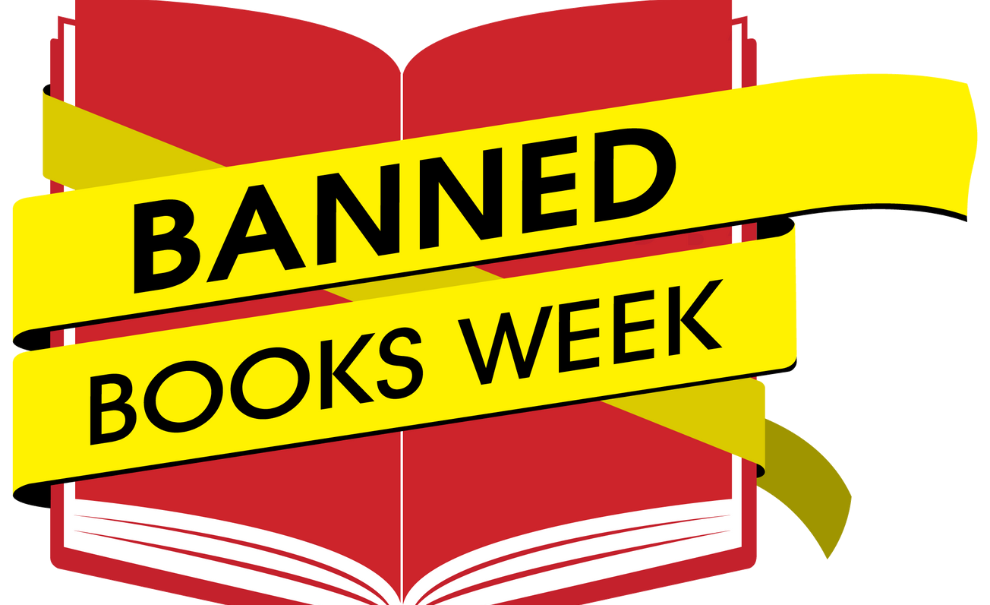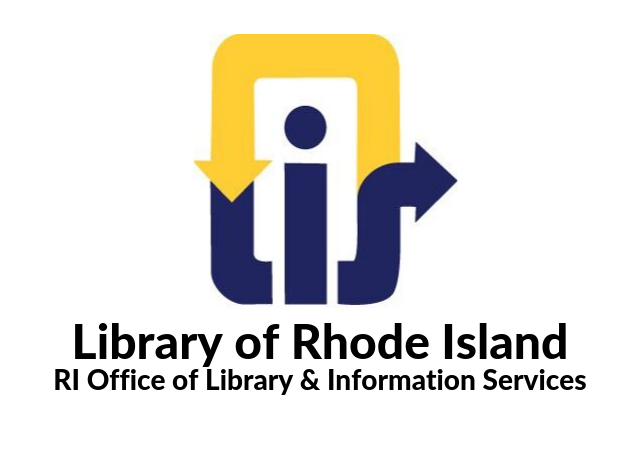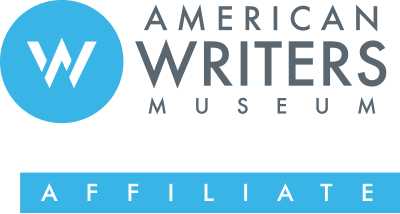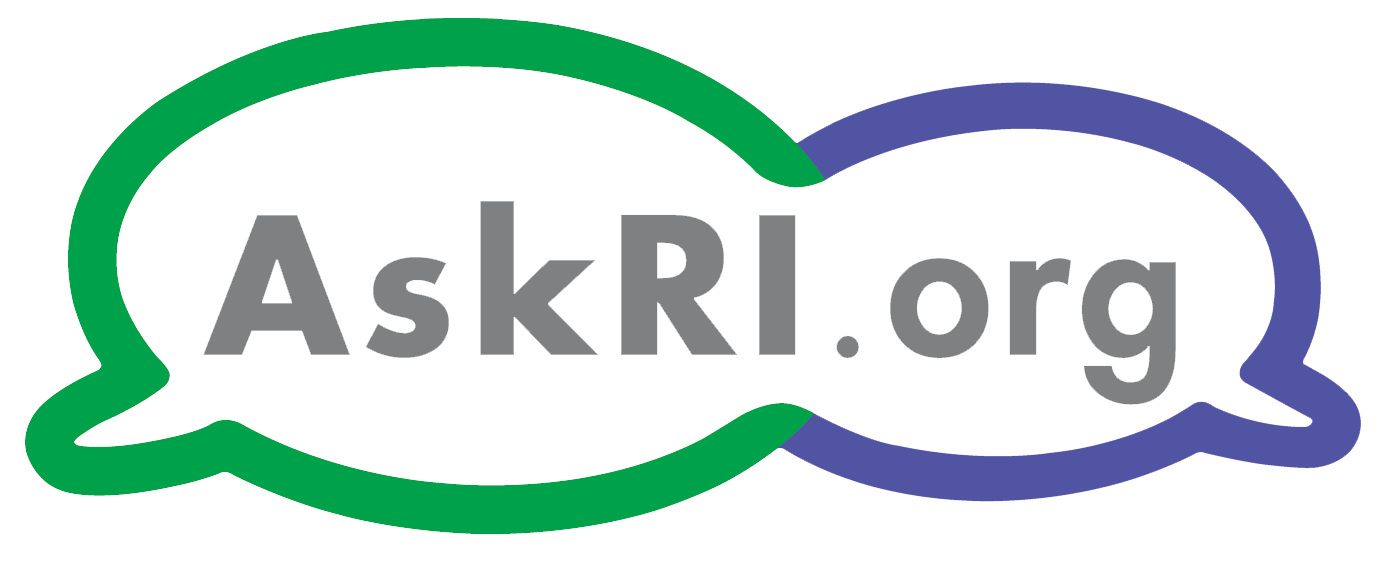This Week, It's All About the Freedom to Read
September 19, 2022

Libraries around the country have been celebrating Banned Books Week since 1982, each year drawing attention to the books that have been banned or challenged, and celebrating our freedom to read. It’s an especially important subject for those of us working in libraries, as intellectual freedom is one of the core values of our profession, but we’re certainly not the only ones talking about it. No, in the last year banned books have been making headlines more than ever before.
When we think about “Banned Books”, it’s not uncommon to visualize a scene straight from Ray Bradbury’s “Fahrenheit 451” (coincidentally, a title that has been challenged many times over the years), in which a totalitarian government sets fire to piles of books. The reality is a bit more subtle than this, but no less dangerous. When we talk about banned and challenged books, we’re referring to items that a person or group has attempted to restrict access to, due to personal objections. American Library Association started compiling lists of these in the early 2000’s; in 2001, they recorded 448 challenges, most of them to materials in schools and public libraries. Twenty years later, in 2001, this number jumped to 729, the highest by far.
Not only are the number of challenges increasing, but the types of books that are targeted is shifting as well. In the 1850’s, Harriet Beecher Stowe’s “Uncle Tom’s Cabin” was banned in the south for “arousing heated debates about slavery”; in the 1920’s, James Joyce’s “Ulysses” was banned on the grounds that could cause readers to harbor "impure and lustful thoughts”; in the second half of the century, books with sexual content and “immoral” themes were rebelled against. Today, the majority of challenges have been directed at books for and about LGBTQ+ individuals and people of color, including “Gender Queer” by Maia Kobabe, “Lawn Boy” by Jonathan Evison, and “All Boys Aren’t Blue” by George M. Johnson. You can access these all at the library, by the way.
One of the fundamental purposes of books is to educate and inform. People turn to books to learn, to see themselves or someone like them in print, or to expand their horizons. Those in favor of censoring materials – particularly the recent titles – often state they are protecting children and teens by shielding them from “inappropriate materials”, not taking into account the harm they are causing to youth who need to see themselves in books, or who are looking for information. Further, the lesson they’re teaching is that we should avoid things that make us uncomfortable. In contrast, libraries believe in freedom to read. We believe in equitable access to materials. We believe in the providing information on all points of view, without restriction. And we continue to stand in opposition of censorship. We hope you’ll join us this Banned Books Week, check out something new (or old!) and read whatever your heart desires.
By Cassie Skobrak, Adult Services Librarian








